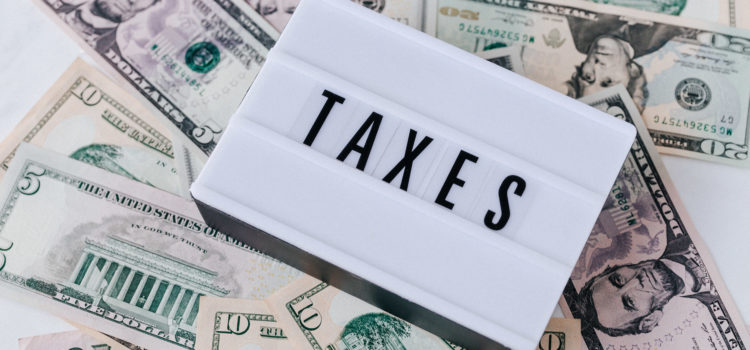

This article is an excerpt from the Shortform book guide to "A Random Walk Down Wall Street" by Burton G. Malkiel. Shortform has the world's best summaries and analyses of books you should be reading.
Like this article? Sign up for a free trial here .
Do you want to know how to avoid paying taxes? What methods can stop you from paying unnecessary taxes on investments like pensions and college tuition?
With the surfeit of tax-advantaged retirement plans and investment alternatives on offer, there is simply no good reason you should pay taxes on investment earnings for retirement or expenses like college tuition. Understanding how to avoid paying taxes in certain areas will inevitably save you money.
Keep reading for tips about how to avoid paying taxes on certain investments.
How to Avoid Paying Taxes
For investments like retirement and college tuition, there are ways you can avoid paying taxes. Here are some great tips for how to avoid paying taxes in these areas:
Individual Retirement Accounts
The most basic retirement plan consists of an individual retirement account (or IRA). As of 2018, most individuals could contribute up to $5,500 to their IRA and deduct that amount from their taxable income. Earnings on IRA funds aren’t taxed, and, by the time you actually withdraw the funds from the IRA, you’re likely to be in a lower tax bracket than you are currently.
(High-income individuals can’t take advantage of the $5,500 deduction, but they can reap the other tax benefits of IRAs.)
To illustrate the power of tax-free earnings, consider this example: If you’re in the 28% tax bracket and you put $5,500 per annum into an IRA for 45 years at a 7% return, you’ll have $1.6 million at the end of the 45 years. If the account weren’t tax free, you’d only end up with $900,000.
Investors looking toward retirement also have the option of Roth IRAs. The key difference between a traditional IRA and Roth IRA concerns tax advantages: With traditional IRAs, contributions are tax deductible, but you’ll pay taxes when you eventually withdraw your funds; with Roth IRAs, you pay taxes upfront, but withdrawals (including earnings) are tax-free.
Which IRA is best depends on your personal financial situation. If you’re in a low tax bracket now and anticipate entering a higher tax bracket later in life, you might opt for a Roth IRA (because you’ll pay low taxes now and no taxes later). If you’re in a high tax bracket now and anticipate entering a lower tax bracket when you retire, a traditional IRA might be the better choice. (Mutual fund companies and other financial services firms often offer Roth calculators, which might be helpful in making your decision.)
Pension Plans
Whether you’re self-employed or working for a Fortune 500 company, there are pension options that allow you to maximize earnings while avoiding the taxman. Economist Burton Malkiel advises maxing out these options wherever possible.
401(k)s and 403(b)s
The two most common pension plans are 401(k)s (for private employers) and 403(b)s (for educational institutions). Contributions under these plans are tax-free, and many employers will either make contributions on behalf of their employees or match a percentage of their employees’ contributions.
SEP IRAs
Designed specifically for self-employed individuals, SEP IRAs offer the same tax advantages as traditional pension plans. Individuals can contribute up to 25% of their self-employment income tax-free.
529 Accounts
Few expenses can give parents heartburn like college tuition bills, but with tax-advantaged “529” college savings accounts, parents (and grandparents) can invest on their children’s behalf and avoid taxes on withdrawals for educational purposes. (As of 2018, individual donors could contribute as much as $75,000 without gift- or estate-tax exposure; couples could contribute up to $150,000.)
Be wary though: Some companies offering 529s can charge hefty commissions or fees (always be on the lookout for low-expense options from companies like Vanguard). And colleges likely will consider 529 assets when determining financial aid, so if you think your child might be eligible for need-based aid, you might opt to keep your assets in your own name.
Knowing how to avoid paying taxes in these particular areas will help you save money that otherwise would’ve been spent unnecessarily.

———End of Preview———
Like what you just read? Read the rest of the world's best book summary and analysis of Burton G. Malkiel's "A Random Walk Down Wall Street" at Shortform .
Here's what you'll find in our full A Random Walk Down Wall Street summary :
- A comprehensive and entertaining introduction to the world of finance
- Practical investment principles that work for every skill level
- The advantages of index investing






